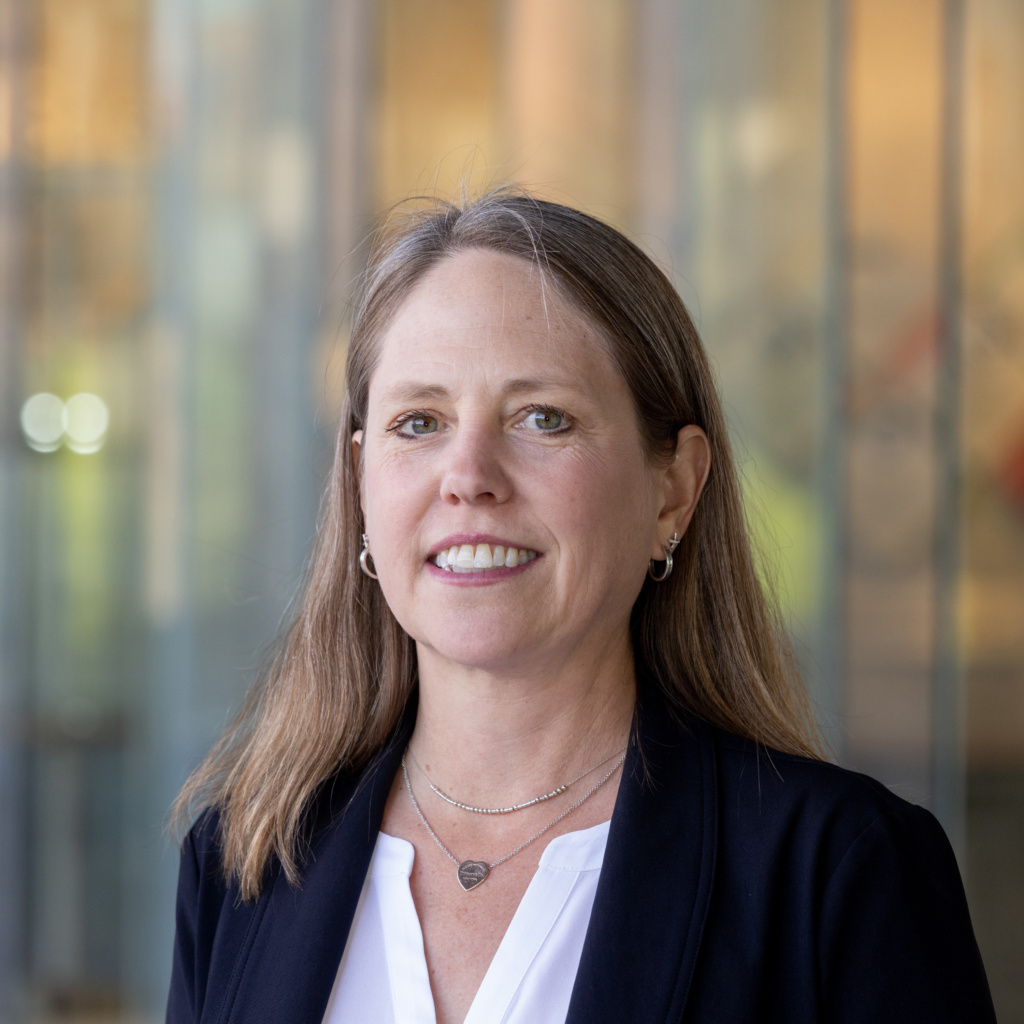March 12, 2023 – 1 pm (CST)
Wonder House at SXSW® 2023
Café Blue Downtown Austin
340 E 2nd St
Austin, TX 78701
Mary L. Rigdon, Director of the University of Arizona Center for the Philosophy of Freedom and Associate Professor in the Department of Political Economy and Moral Science in the College of Social and Behavioral Sciences, will be presenting her research on gender differences in competitiveness and the wage gap at the University of Arizona Wonder House at SXSW 2023 delivering a powerful message:
Change the System, Not the Women
Mary is a nationally recognized expert on gender equity. Her recent research, conducted in collaboration with University of San Francisco Professor of Economics Alessandra Cassar, makes both the business and ethical case for greater inclusion, wage equity, and opportunity to place more women as executives and on boards.
Despite what you think or have heard, there is no gender competitiveness gap. It’s a myth that women are not as competitive as men. Mary’s and Alessandra’s recent research, funded by the National Science Foundation, reveals a powerful truth that men and women are equally competitive but motivated differently. Women are as competitive as men when the incentive for winning includes factors that matter to them. There is no competitiveness gap when winning allows women an opportunity to share some of their winnings.

Their analysis is grounded in an evolutionary framework in which winning a competition brings asymmetric benefits and costs to men and women. Motivating women to compete by giving them the opportunity to share some of the rewards from competition with others may afford them the benefit of reaping competitive gains without incurring some of its potential costs. The data supports their hypothesis: a large gender gap in competitiveness vanishes when a sharing option is included as an alternative motivation to an otherwise identical traditional winner-take-all incentive scheme. Women respond to the prosocial nature of the incentive, and as a result, the gender competitiveness gap is eliminated.
“Our findings suggest types of rewards and policies that could significantly increase gender equality and attract more women to leadership roles in competitive workplaces. Organizations with a strong social mission that provide inclusive incentive structures like team bonuses and employment contracts that include benefits for children like paid parental leave, school vouchers, and flexible work schedules will gain fierce competitors who will deliver results,” Mary said.
The World Economic Forum estimates it will take 135.6 years to close the gender wage gap. Mary’s and Alessandra’s assertion that we must better understand what motivates women is one of their recommended 15 solution strategies for closing the gender wage gap. Mary’s message at SXSW will help drive positive change and reinforce that organizations where men and women have equal opportunity, representation, and more equitable wages become stronger, more resilient, and more likely to achieve their goals. Women’s equity, with diversity and inclusion, is foundational to freedom, opportunity, and sustainability in an interconnected world.
Publications on the role of social incentives to close the gender competitiveness gap by Alessandra Cassar and Mary L. Rigdon
Sustaining the Potential for Cooperation as Female Competitive Strategy
– Philosophical Transactions of the Royal Society B, for special issue on cooperation among women (Information on all the articles) 378: 20210440; https://doi.org/10.1098/rstb.2021.0440
Prosocial Option Increases Women’s Entry Into Competition
–Proceedings of the National Academy of Sciences, 11/1/2021; https://doi.org/10.1073/pnas.2111943118
Option to Cooperate Increases Women’s Competitiveness and Closes the Gender Gap
–Evolution and Human Behavior, 42(6): 556-572; https://doi.org/10.1016/j.evolhumbehav.2021.06.001
For recent press coverage of their research, see press coverage of Cassar and Rigdon (2021) PNAS article.

